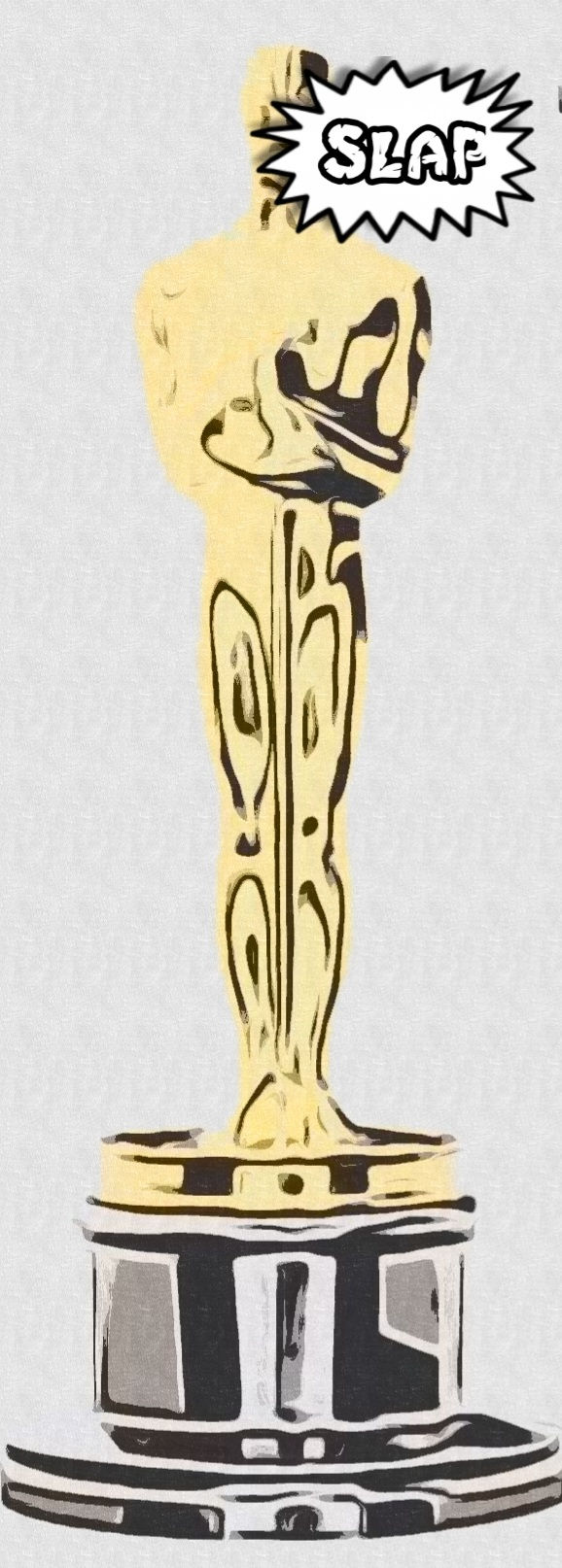The Smile Before the Slap: The Oscars Fracas
- dppalof
- Apr 7, 2022
- 4 min read
Updated: Apr 8, 2022

At risk of appearing to beat a dead horse, I will add my commentary to what has already been said about the Will Smith-Chris Rock incident at the Academy Awards. I want to focus on something that seems to have added to people's shock about the attack. Some of the stars present that night remarked that, during the hair joke that provoked the attack, Smith was smiling broadly. Then suddenly he was on his feet, charging Chris Rock and slapping him. Observers remarked that a glance at his wife and seeing the offense she was taking (she was, of course, the target of the joke) is what seemed to set him off. But how could he go so quickly from smiling to anger and attack? I think that it makes perfect sense – man sense.
Amy Cunningham’s essay “Why Women Smile” provides a helpful entryway into my topic. Appearing in its original form in 1993, it’s an essay often assigned to college students and one that I have taught many times to my students. The author begins with the fact that, in general, women smile more than men. For Cunningham, at the time she wrote the essay, this fact is a sign of women’s oppression. She writes, “Smiles are not the small and innocuous things that they appear to be.” She concedes that smiling often deescalates a situation; it often feels good and makes those around you feel good. Women, though, she argues, are raised to automatically smile no matter how they really feel or how people are treating them. They are trained to feel that they are responsible for men’s emotional upkeep and must smile and acquiesce to men. The smile doesn’t mean they’re happy; it means they’re submissive.
Many years ago, when I was in my early twenties, a male store clerk made some nasty remarks to me, and I just smiled and didn’t say anything back. Later, I was angry – not with him, but with myself because I had broken the man code. I had smiled submissively when another man was trying to assert a form of dominance over me. Growing up, at least back then in mid-20th century, as a young man you learn, without being told directly, that you don’t smile when someone is insulting you. That’s something women do, smile when they’re being verbally abused.
You can see this ethos of manhood in popular culture, particularly in the western. The Virginian, published in 1902, is often credited with being the first real western novel. It has a scene where, over a gambling table, a man is starting to call the Virginian a son of a bitch. The Virginian places his gun on the table and says a line destined to echo through many a Western movie: “When you call me that, SMILE.” In other words, “I’m the alpha male here and you need to smile to show you’re submissive to me.”
Cunningham calls the socially induced smile requirement women’s “smile burden,” and she connects it with the civil rights movement of the 1960’s. Black men felt the smile burden, the need to smile to appear harmless and appease the violent white culture of slavery and segregation. She writes, “African-American males stopped smiling on the streets in the 1960’s, happily aware of the unsettling effect this action had on the white population.” When we see once popular images of broadly grinning black people in caricature form, we now view that as a racist invocation of past times of oppression.
Now we get to Will Smith whose warm and seemingly natural smile is part of his charm and appeal as an actor. There he is at the award ceremony. One moment he’s smiling and the next his wife is clueing him in that she is being disrespected and therefore he is being disrespected, like black men have been disrespected since before the birth of the republic. His trademark smile must have suddenly seemed self-betrayal. As he said in his acceptance speech, how long could he be expected to put up with this disrespect? When all that stood between him and redemption was the striding distance between his seat and his tormentor? Of course, this is just speculation. The bottom line, though, is you can’t just walk up to someone at an award ceremony, or most places, for that matter, and smack someone. It’s not the wild west.
What do my students think of Cunningham’s thesis? For some women, it strikes a chord. One older woman, a supervisor at work, said that if she fails to smile, other women come up to her and ask why she’s going around with “resting-bitch-face.” Most students, though, believe that, today, both men and women have to smile. It’s a general work requirement: we must go along to get along. At work, if the boss berates you, man or woman, you, figuratively at least, have to grin and bear it. And if women smile more, they say, it’s no big deal. Interestingly, fifteen years later, Cunningham attached a note to her essay in which she recants her view! She cites research showing that, even if you aren’t in the mood to smile, the very act of smiling will improve your mood. If women smile more than men, they’re better off for it. She ends her note by writing, “Smile freely and broadly. Get happy.” It’s quite a reversal, and, I think, goes too far. As you can see, I found her essay very useful in trying to understand Will Smith’s behavior.
As for the actor, I’m sure that he will one day return to the Oscar stage. Hollywood loves a come-back story, and it would kill in the ratings.



Comments